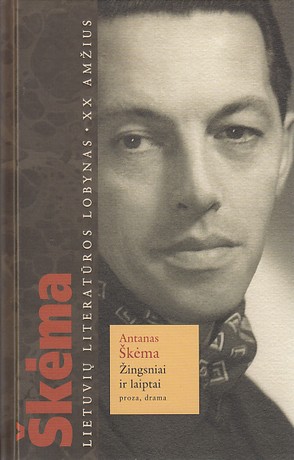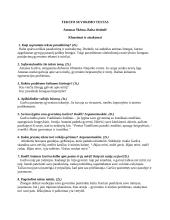

However, every word comes with lots of useful collocations/examples. - No stress information! They offer 30 languages in all combinations, so individual dictionaries are not optimised.Again, good dictionaries always contain stress/accentuation information, but the bilinguals often don't have them. There is rarely more than one bilingual paper dictionary available per language, so you don't really have a choice. Mokomasis lietuvių kalbos žodynas - Learner's dictionary with simple explanations and example sentences.Highly recommended if you only need that.


Lietuvių kalbos rašybos ir kirčiavimo žodynėlis - Pocket dictionary with spelling and especially stress/accentuation information.Wiktionary - 8th largest Wiktionary with 600k+ entries! Useful because it lists inflected forms.Etimologinis žodynas - Etymological Dictionary.Dabartinės lietuvių kalbos žodynas - Dictionary of Modern Lithuanian.Lietuvių kalbos žodynas - THE Dictionary of Lithuanian ( Wikipedia).Good dictionaries always contain stress/accentuation information. Also available in English as Practical Grammar of Lithuanian. Clear layout and lots of example sentences. Praktinė lietuvių kalbos gramatika (Ramonienė & Pribušauskaitė, 2008) - Excellent grammar targeted at learners of Lithuanian.Colloquial and Teach Yourself are both written by Ramonienė as well, so they're probably also quite good.However, all content is in Lithuanian, so it's more suited for use with a teacher. Po truputį (Ramonienė & Vilkienė, 2008) - Standard Lithuanian textbook (+ exercise book).Beginner's Lithuanian (Dambriūnas, Klimas & Schmalstieg) - Very good textbook with stress marks on all Lithuanian text.I was asked about resources for Lithuanian and I thought it would probably be better in its own thread here rather than buried in my log.


 0 kommentar(er)
0 kommentar(er)
